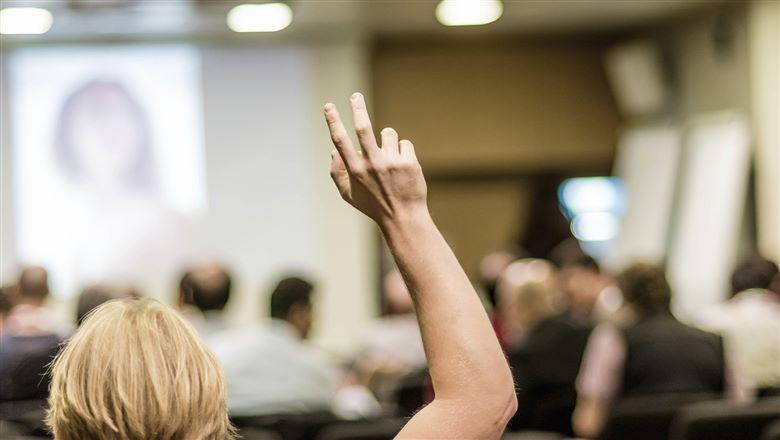Samantha Whitehorne
Samantha Whitehorne is editorial director of Associations Now in Washington, DC.
 Associations Now
Associations Now
How ACPA—College Student Educators International reinvented the traditional discussion format by having audience members become the experts after they "tapped out" a current panel member.
The panel discussion everyone is familiar with involves a group of experts on stage or in the front of a room offering their thoughts on a specific topic, while those in the audience listen until they have the chance to ask questions at the end.
But what if the whole panel discussion format was turned around?
Well, then it may look a little like the Idea Generator program that made its debut at ACPA—College Student Educators International's annual convention in March.
Idea Generator started out like any other panel discussion, with a moderator facilitating a discussion with a group of faculty and practitioners. But, unlike most panels, after the dialogue got going, members of the audience who had something to contribute could "tap out" a current panel member, take his or her seat, and join the conversation.
ACPA says it introduced Idea Generator because it knew it would be an interactive, dynamic approach to considering potential solutions or ways of addressing a broad area of concern for their attendees. The topic was "Frompreptopractice: Narrowing the Gap Between What We Learn and What We Do." ACPA considers it a success, with a good amount of audience members taking their turn as panelists during the 80-minute session. The organization adds that people liked their time in the spotlight and being seen as experts.
Idea Generator was followed by HigherEdLive, an hour-long program where participants were interviewed about their experience and the ideas that came forth.
[This article was originally published in the Associations Now print edition, titled "Expert Audience."]